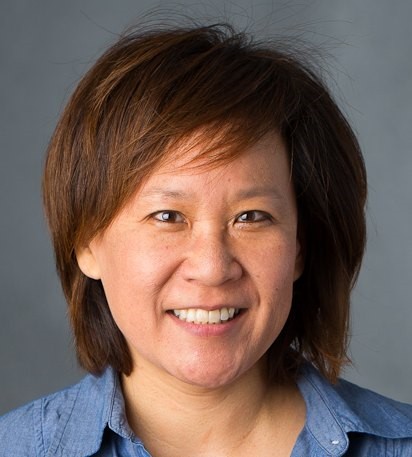
- This event has passed.
Matthias Henze, “It’s About Time: Time and the Sense of an Ending in Ancient Judaism”
Tuesday, February 4, 6:30 – 8 p.m.
Jewish writers of the late Second Temple period did not share a single, uniform understanding of time that can be summarized in just a few sentences. Nor do we have any ancient Jewish texts in which an author reflects on the passage of time in abstract, philosophical terms. There are, however, a number of aspects of early Jewish notions of time that recur frequently in the texts, some with roots in the Hebrew Bible, and others that are developed for the first time during the Second Temple period. For example, during this period we see the development of the notion of a world or age to come, distinct from the present world.
In this talk, Matthias Henze will examine a number of text passages—from the Apocrypha and Pseudepigrapha, the Dead Sea Scrolls, and the New Testament—to gain a better understanding of how Jewish intellectuals made sense of the passage of time and explored its beginning, at creation, and its end, the eschaton. Together, these texts offer an intriguing meditation on the various, at times unexpected ways of constructing time in ancient Judaism.
About Matthias Henze
Matthias Henze was born and raised in Hanover, Germany. In 1992 he earned a Master of Divinity from the University of Heidelberg, Germany, and moved to the United States to pursue a Ph.D. in Harvard’s Department of Near Eastern Languages and Civilizations. After completing his doctorate in 1997, Dr. Henze joined Rice’s department of religion, where he is now the Isla Carroll and Percy E. Turner Professor of Hebrew Bible and Early Judaism. His areas of interest include the Hebrew Bible/Old Testament, Jewish literature and thought at the time of the Second Temple, apocalyptic literature, and the Qumran fragments. In particular, Dr. Henze focuses on those early texts that never became part of the Jewish Bible – often subsumed under the labels ‘Apocrypha’ and ‘Pseudepigrapha’ – and what we can learn when these texts are read side by side with the canonical writings. Dr. Henze has written and edited ten books. While at Rice he has won five teaching/mentoring Awards. He was also named a founding fellow of Rice’s Center for Teaching Excellence. In 2009 he founded Rice’s Program in Jewish Studies, of which he continues to serve as director.



